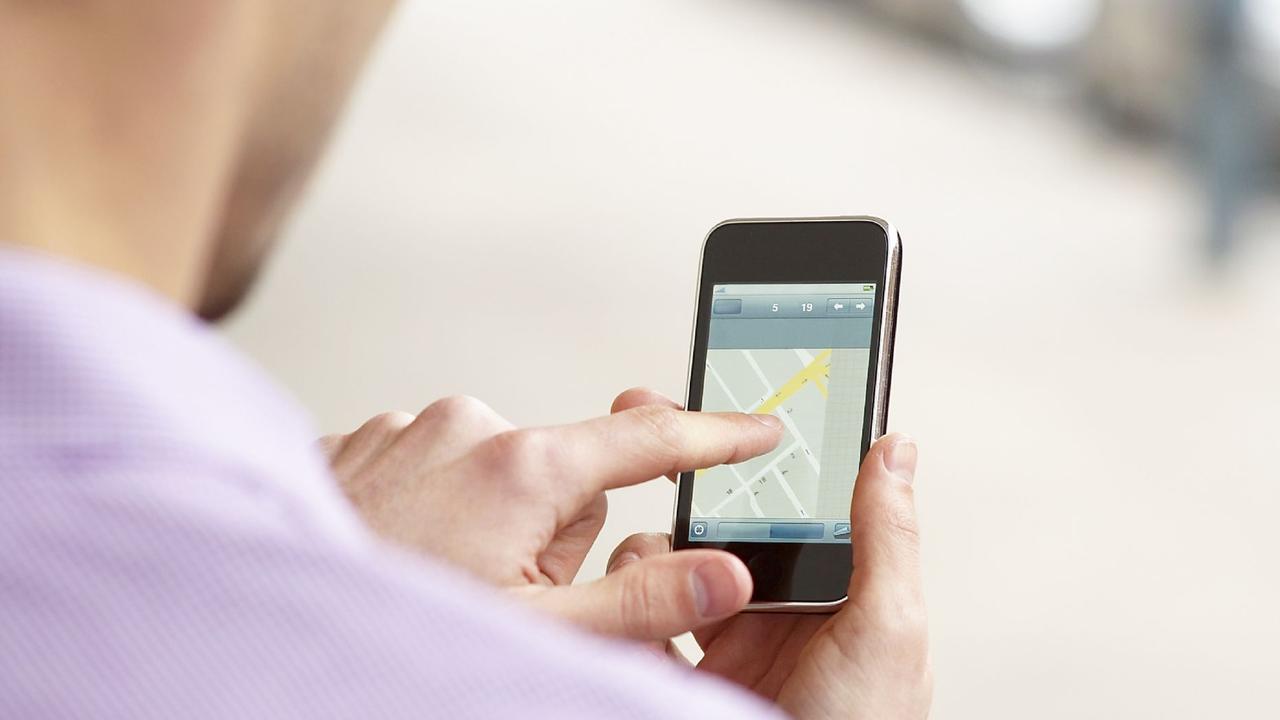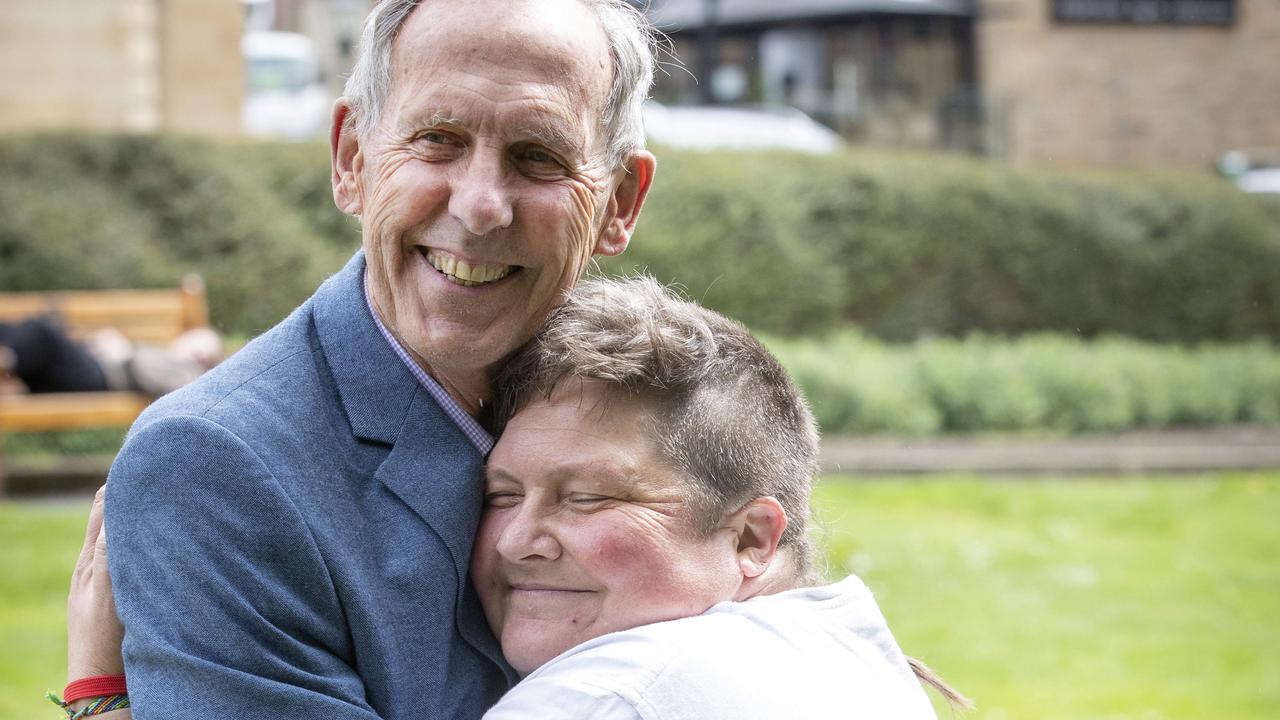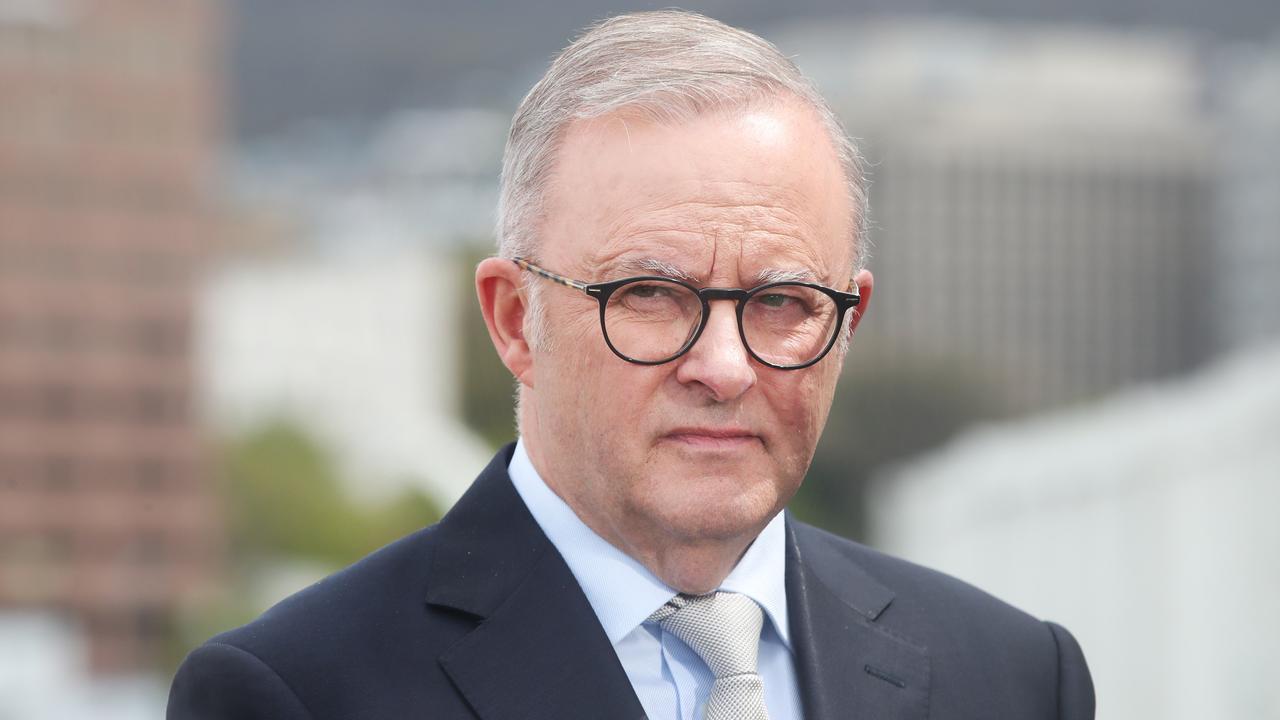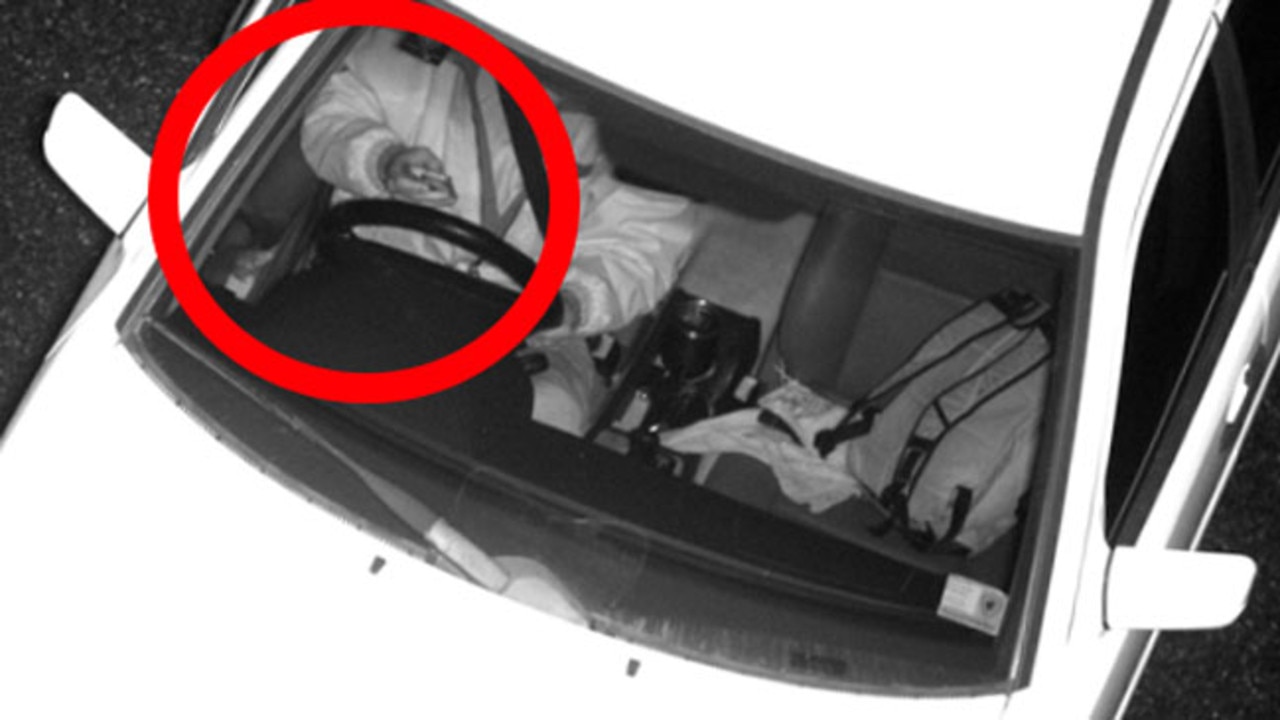The struggle of keeping track with technology changes
"I am having trouble keeping up with new technologies, change is moving too fast. Slow down please."

Opinion
Don't miss out on the headlines from Opinion. Followed categories will be added to My News.
OH MY GOODNESS, I am having trouble keeping up with new technologies, change is moving too fast. Slow down please.
In gentler days, change was slow but nonetheless noticeable. Blacksmiths disappeared and were replaced by friendly little motor garages. Saddlers didn't disappear, but their numbers declined considerably.
Totaliser Agency Boards (TABs) disappeared and were replaced by online gambling from an ever-growing list of operators. Bookmakers, and I was one, were almost eliminated for the same reason and British betting odds, 5/4, 9/2 etc, were replaced by decimalised odds, $1.25 and $4.50 etc. Bookmakers' pencillers became keyboard operators and betting boards never looked the same.
Outdoor and drive-in picture theatres were gorgeous. They took a while to disappear, but disappear they did. They were replaced by indoor theatres which shrunk into boutique "rooms" screening the same titles all day.
There is nothing sadder than to see a disused drive-in with its speaker and heater posts standing still like soldiers in defeat and kikuyu grass out of control. This place where chocolate-coated ice creams, popcorn and hot chips were consumed in tonnes and where first kisses, and more, were exchanged.
The fax machine, (certainly one of my favourite new devices then), wiped out telegrams overnight. Fax machines, and some people still use them, had their moment in the sun and were swamped by email and scanners.
Music, ah music! Phonograph cylinders morphed into 78rpm shellac records, then 33rpm LPs (long-play) and 45rpm EPs (extended play), then cassettes, then CDs (compact discs) and, God only knows what you call it now, but essentially you store music in your mobile telephone and it comes out in a funny little box the size of your fist.
Thus I've almost given up on music, which I loved, save for Sunday morning in my shed with FM102.7's "Sunday Morning Jukebox".
In Moree, in the early days, our television station options were two, ABC Television and NBN Television at Tamworth. From memory TV arrived in northwest NSW around 1965. Of course, it was black and white, including the test pattern.
"Aggregation" followed in the 1980s giving people in the bush the same viewing choices as city slickers. Now we have one-million or so channels and pay television options including Foxtel and Netflix. I have Foxtel and watch only "Paul Murray Live" and every game the Canberra Raiders are contesting. Did I mention they made the Grand Final last year only to be robbed by the referees?
And if Mrs J is at pilates, or like, I switch to the racing channel.
We've watched the mushrooming of video stores and the "un-mushrooming" of video stores as online options took over. We've seen Beta come and Beta go and VHS come and VHS go.
Alexander Graham Bell invented the telephone in the 19th century. It is reported that US President Rutherford B Hayes said, on viewing the contraption in 1876 for the first time, "That's an amazing invention, but who would ever want to use one of them?"
Early phones were two-piece with the mouthpiece fixed to a wall and the listening piece in the shape of a bell held to the ear. From there they went to a more portable unit with a "winder" to engage an operator at the local telephone exchange and finally a dial on which one dialled the number thus bypassing an operator.
Early mobile phones were about the size of two bricks and had a battery which could last as much as an hour. In any event you couldn't get reception.
And today's mobile phones, how would you describe them? Yes you can use them to make and receive calls plus one-million other features, far too many for an oldie like me to employ. Plus SMSing, billions of these impersonal message circulate the globe every minute including mine with multiple spelling mistakes.
And don't forget comic character Dick Tracey's watch/phone of the 1950s, they're here and coming to a store near you.
But the biggest change for me is the disappearance of our trusty street directories. Well perhaps not completely gone but mostly gone I'd suggest.
Instead of thumbing through map after map in my UBD/Gregory's street directory I've got a person called TomTom (he stutters) living in my car dashboard and he tells me where to go and how to get there with ease. And he can deliver the same precise advice whether I am here or abroad. I've kept the street directory, in case TomTom turns up his toes, a relic of days gone by.
Do you still use your UBD/Gregory's street directory?








